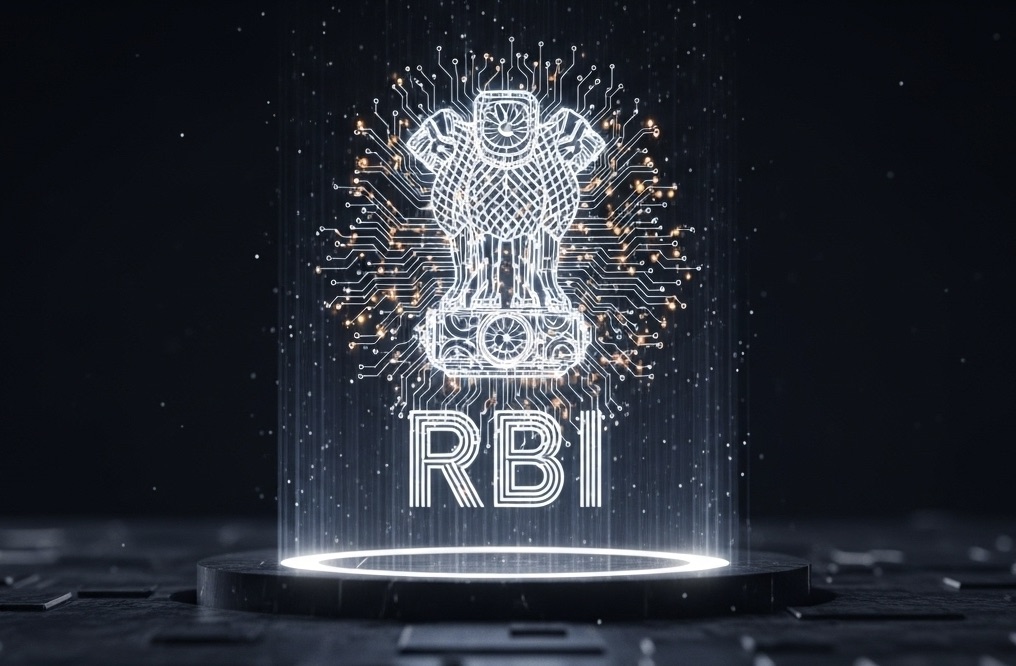 New Delhi — India is moving forward with the launch of its Reserve Bank of India (RBI)-backed digital currency, marking a major step in integrating blockchain technology into the nation’s financial infrastructure. Announced by the Union Minister of Commerce and Industry, the initiative aims to make transactions more efficient, secure, and transparent, reinforcing trust in the country’s digital financial ecosystem.
New Delhi — India is moving forward with the launch of its Reserve Bank of India (RBI)-backed digital currency, marking a major step in integrating blockchain technology into the nation’s financial infrastructure. Announced by the Union Minister of Commerce and Industry, the initiative aims to make transactions more efficient, secure, and transparent, reinforcing trust in the country’s digital financial ecosystem.
The new sovereign digital currency will function similarly to stablecoins regulated under the U.S. GENIUS Act, but with complete government backing and RBI guarantees. Every transaction will be verifiable and traceable, significantly reducing the risks of illegal or untraceable transfers.
While India remains one of the world’s most crypto-active markets, the government and central bank continue to discourage private cryptocurrencies like Bitcoin, which lack sovereign or asset-based support. The Union Minister reiterated that India’s approach focuses on regulation, safety, and national interest, not speculation-driven digital assets.
The RBI has repeatedly cautioned against the risks of unregulated crypto, citing potential threats to investor protection and financial stability. Instead, the central bank is promoting its Central Bank Digital Currency (CBDC) as a regulated, reliable alternative to private crypto assets.
India’s regulators have also tightened scrutiny of crypto-related activities through tax and Anti-Money Laundering (AML) compliance, with no immediate plans to introduce a dedicated crypto regulation framework. The government’s stance underscores its commitment to a controlled, transparent digital finance environment led by sovereign initiatives.




